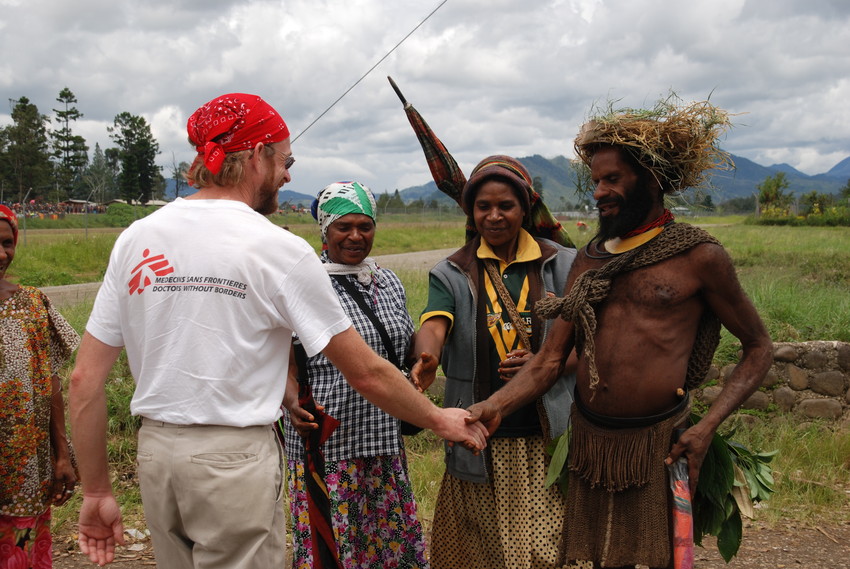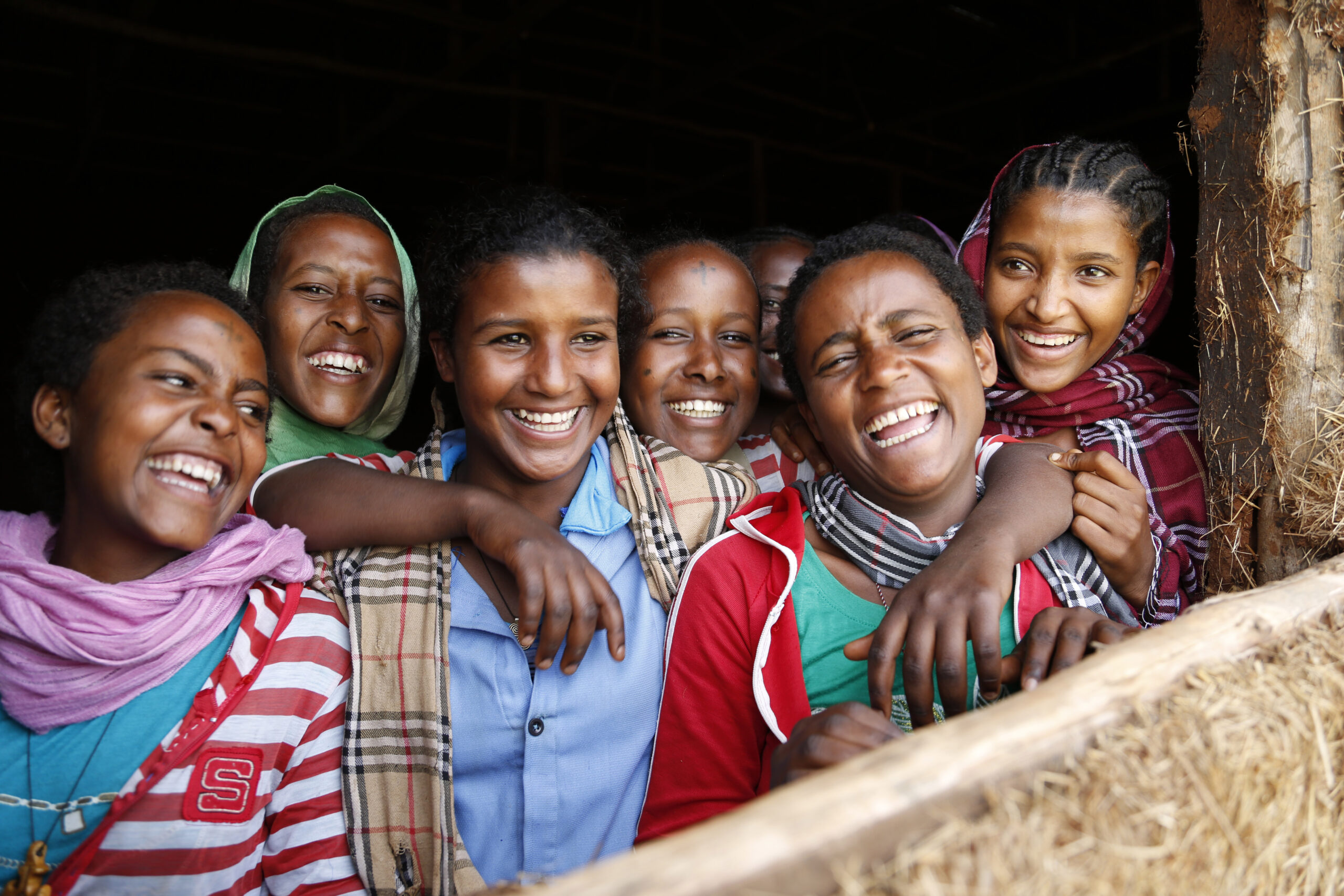CEO Insight: #ActForHumanity – World Humanitarian Day

On August 19, World Humanitarian Day 2024, the UN urged the international community to #ActForHumanity, recognising the relentless efforts of humanitarian aid workers and demanding an end to the violence they face in conflict zones. Aid workers representing NGOs, charities, and social impact organisations provide labour, emotional support, and valuable resources to communities affected by conflict. The day honoured humanitarian workers by highlighting the physical and psychological risks of their work and brought attention to the ongoing violations of International Humanitarian Law that endanger them.
International Law protects civilian life, including that of humanitarian aid workers, during conflict or war. Despite the existence of such laws, 595 aid workers fell victim to violence in 2023, with 280 killed, making it the deadliest year on record for aid workers. Without immediate change, this trend is likely to continue in 2024, with 172 aid workers already killed in action. A4ID’s work hinges on the intersection between law and international development, providing a critical opportunity to explore how lawyers and legal frameworks can advance International Humanitarian Law to keep civilians and aid workers safe.
Confronting International Humanitarian Law Violations
Legal frameworks such as International Humanitarian Law establish rules and norms that states must follow in their relations with other states, designed to limit the collateral damage of conflict.
International Law is established through treatise or customs that balance military necessity and humanitarian concerns. The Geneva Conventions provide a framework for conduct during war times ratified by every member state of the United Nations. Yet the Conventions face effective implementation challenges; not all UN member states have ratified crucial amendment protocols which form the basis of International Humanitarian Law, such as the United States, Israel, India, Iran and Turkey.
The multi-faceted nature of International Humanitarian Law and the lack of an enforcing body lead to complex challenges for the international community. The responsibility to uphold International Humanitarian Law falls upon all states to act as overseers and enforcers, whether that means using diplomacy to calm tensions, impose sanctions, engage the International Court of Justice, or setting up investigations. However, violations of International Humanitarian Law are becoming increasingly common, and with the absence of one enforcing body, member states often lack accountability due to diplomatic ties or economic interests.
An ‘Age of Impunity’
There are several examples of states breaking International Humanitarian Law without being brought to justice. The International Rescue Committee states that the international community is in an ‘age of impunity’ in response to the death of two aid workers in Syria at the hands of Russian jets.
Since the start of the Syrian conflict in 2011, at least 945 medical staff have lost their lives. While human rights groups have documented the violations of International Humanitarian Law taking place in Syria, actions to hold the perpetrators accountable have been minimal.
Under International Humanitarian Law, Israel must meet the basic needs of civilians in the Occupied Palestinian Territory. However, Israel has routinely blocked the flow of aid into Gaza by closing the Rafah border. Furthermore, the UN reports that since October 7, more than 280 aid workers have been killed in Gaza, with at least eight strikes on humanitarian workers’ convoys. As these numbers continue to rise and perpetrators continue to evade justice, those responsible are failing to uphold International Humanitarian Law, and violations are becoming normalised in times of war.
Promoting Sustainable Development through Legal Empowerment
Legal empowerment is paramount to ensuring that individuals and communities receive crucial aid in times of uncertainty. A4ID has been at the forefront of initiatives targeted at supporting marginalised and vulnerable people impacted by crises, offering legal training and support to organisations seeking justice. But, to see change, the international community must recommit to enforcing International Humanitarian Law. There are several ways that lawyers can help to do this:
Legal Representation and Advocacy
- War Crime Cases: Lawyers can represent states, organisations, and individuals in international tribunals, like those held by the International Criminal Court.
- Defense Counsel: Lawyers can ensure those accused of violating International Humanitarian Law receive fair trials.
- Advisory: Lawyers can advise governments and non-state actors on their obligations under International Humanitarian Law.
Drafting of Legislation
- National Legislation: Advising governments to implement domestic laws aligning with International Humanitarian Law.
- International Treaties: Lawyers can assist in the negotiation, drafting, and ratification of international treaties, ensuring the language is clear and enforceable.
Training:
- Public Education: Educate non-governmental actors such as NGOs, other lawyers, and human-rights watch organisations to promote a broader understanding of International Humanitarian Law.
- Military Training: Lawyers can provide training to military personnel to ensure combat operations comply with International Humanitarian Law.
Monitoring and Reporting:
- Documenting Violations: Lawyers can work with NGOs and international bodies to document and report violations of International Humanitarian Law.
- Compliance Monitoring: Risk and compliance teams within law firms must monitor states and non-state actors to ensure compliance with International Humanitarian Law, providing legal assessments during times of conflict.
#ActForHumanity: A Call to Action
The theme of World Humanitarian Day 2024, “ActForHumanity,” is a powerful reminder that everyone has a role to play in making the world a better place. For A4ID, this means continuing to provide vital legal services to those who need them most, and encouraging others in the legal profession to do the same.
However, “ActForHumanity” is not just about what A4ID is doing; it is also about what each of us can do. Whether you are a lawyer, a student, or simply someone who cares about making a difference, there are many ways to get involved. This could be through volunteering your time, donating to organisations like A4ID, or simply raising awareness about the importance of legal empowerment in humanitarian efforts.
Pro Bono delivery is essential to upholding International Humanitarian Law, as are NGOs and development organisations holding governments accountable.
For more information on working with development organisations and recommitting to upholding the rule of law on an international scale, access A4ID’s SDG Legal Guides or get in touch with our Pro Bono Team to find out how we can help you build new partnerships.

